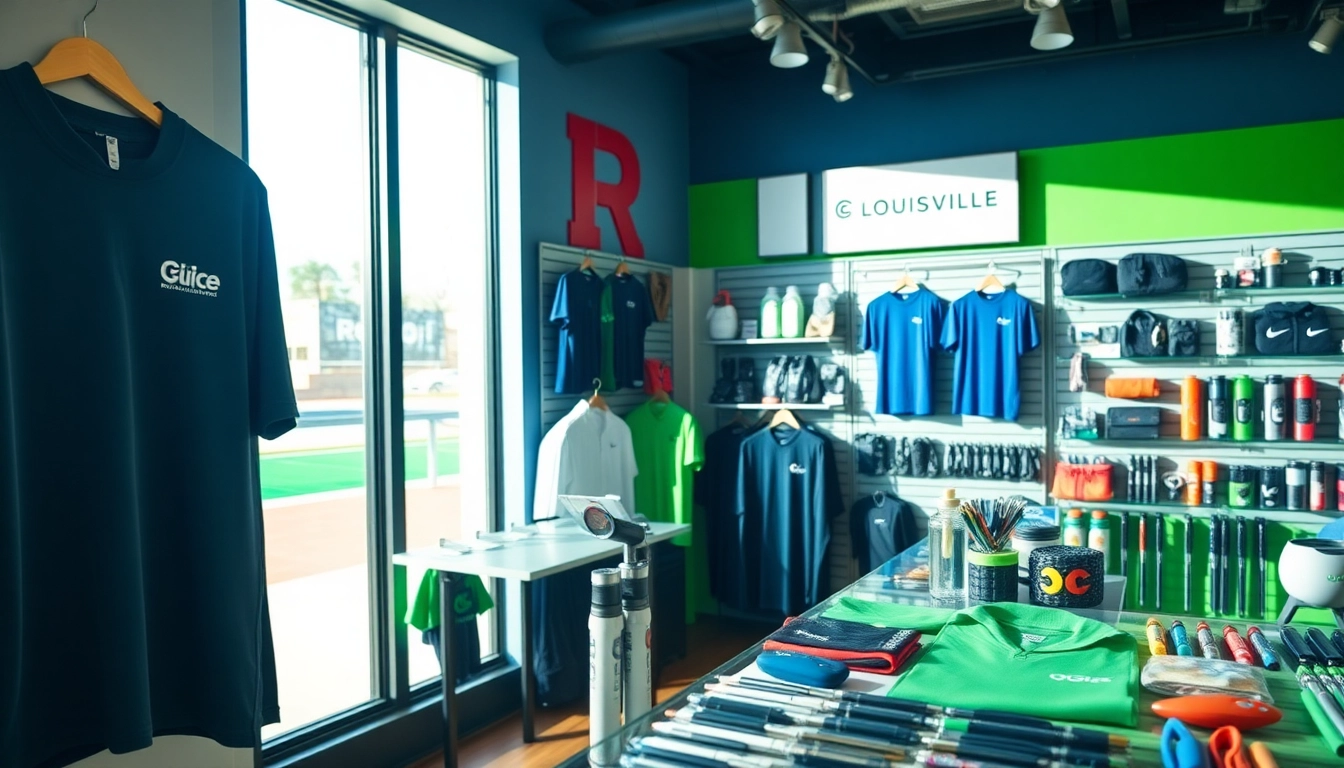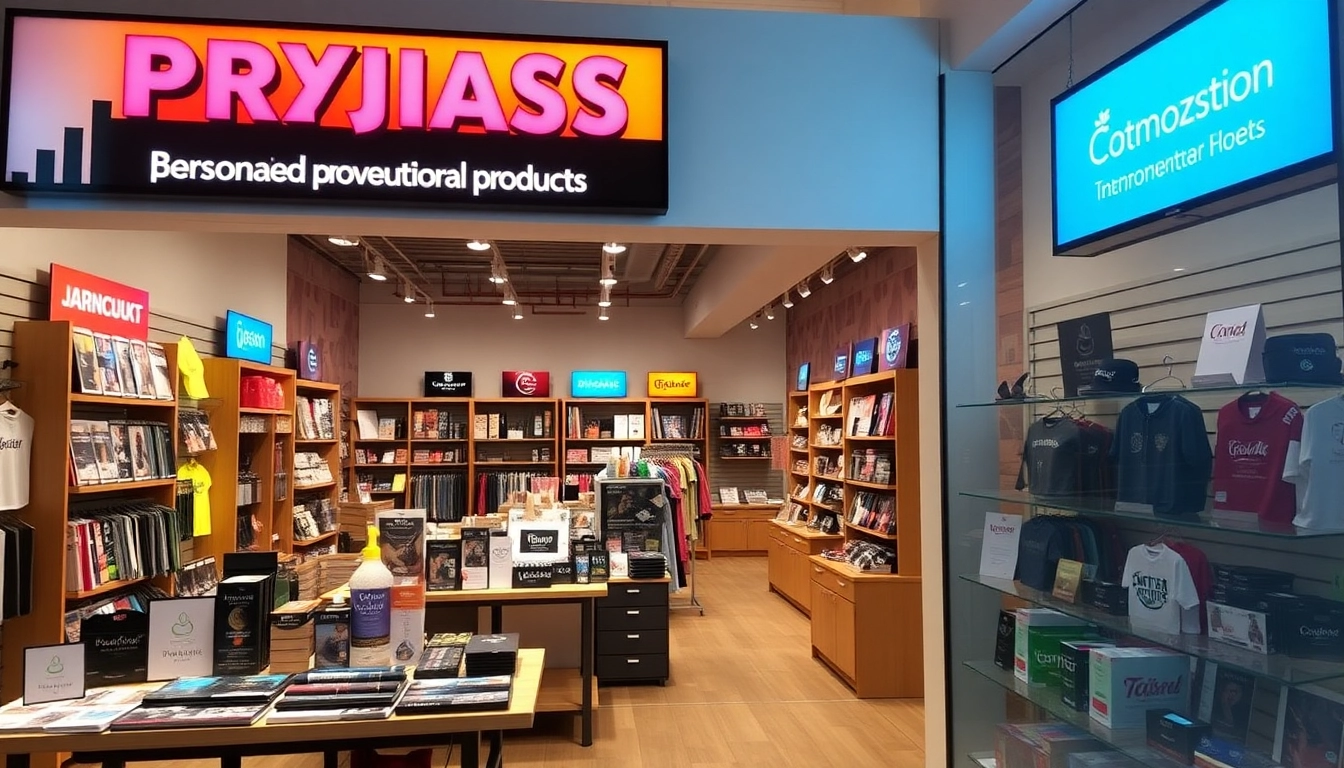Understanding the Role of Clothing Manufacturers in Today’s Fashion Industry
Clothing manufacturers are the backbone of the fashion industry, transforming innovative designs into tangible products that reach consumers worldwide. They serve as the crucial link between fashion brands, designers, and the retail market, ensuring that garments are produced efficiently, affordably, and to high-quality standards. In an increasingly competitive global landscape, selecting the right clothing manufacturer can make or break a brand’s success. From local artisan workshops to large-scale factories in Pakistan, the options are diverse, each offering unique advantages and challenges. To navigate this complex environment, it’s essential to understand the history, current trends, and strategic considerations involved in working with clothing manufacturers. If you’re looking to establish or expand your apparel brand, exploring how these manufacturing partners support your business growth is fundamental.
For more insights, visit Clothing Manufacturers to connect with industry-leading production specialists dedicated to turning your fashion concepts into reality.
Historical overview of clothing manufacturing
Historically, clothing manufacturing dates back centuries, evolving from small-scale handmade tailors to large-scale industrial factories. The Industrial Revolution marked a significant turning point, enabling mass production through mechanization, which drastically reduced costs and increased supply capacities. In regions like Europe and North America, textile mills and sewing factories proliferated, shaping the modern fashion landscape. By the mid-20th century, manufacturing hubs began shifting to countries with lower labor costs, notably Pakistan, Bangladesh, and China. This globalization of manufacturing facilitated vast economies of scale, making clothing more accessible and affordable worldwide.
Today, technological advancements—such as computer-aided design (CAD), automation, and smart factory systems—continue to revolutionize clothing production. These innovations improve precision, speed, and customization options, enabling brands to respond rapidly to market trends. Understanding this historical progression underscores the importance of strategic partnerships with manufacturing entities that leverage modern technologies and practices.
Current market dynamics and trends
The contemporary apparel manufacturing industry is characterized by rapid innovation, sustainability concerns, and shifting consumer preferences. Fast fashion has popularized quick turnaround times, requiring manufacturers to be agile and highly responsive. Simultaneously, consumers are increasingly demanding ethically produced, environmentally sustainable clothing. This trend urges manufacturers to adopt eco-friendly dyes, recycled fabrics, and cleaner production processes.
Additionally, the rise of private label and white-label manufacturing services empowers small and medium-sized brands to compete with established fashion giants. Manufacturers in Pakistan, such as those highlighted by Clothing Manufacturers in Pakistan, are known for their ability to provide high-quality products with low minimum order quantities (MOQs), making them accessible to startups and niche brands.
Global supply chain disruptions, caused by pandemic-related issues and geopolitical shifts, have also increased the importance of local and regional manufacturing options. This ensures faster delivery, better quality control, and reduced logistical complexities. As a result, the industry is moving towards more transparent, flexible, and environmentally responsible production models.
How clothing manufacturers support brand development
Manufacturers are integral to developing a cohesive, high-quality brand identity. They provide the production expertise, technological resources, and scalability necessary for growth. By partnering with reliable manufacturers, brands can focus on design, marketing, and customer engagement while leaving the complexities of production logistics to experts.
Innovative manufacturers also offer customized solutions—such as fabric selection, design modifications, and sustainable options—that help brands differentiate themselves in a crowded marketplace. Some manufacturers provide private label services, enabling brands to sell apparel under their own names without investing in manufacturing facilities. This approach simplifies the process and reduces initial capital expenditure.
Case studies reveal that brands collaborating with experienced manufacturing partners often see improved product quality, faster time-to-market, and lower production costs, all of which are critical for establishing a competitive edge and expanding market share.
Key Factors to Consider When Choosing a Clothing Manufacturer
Quality assurance and production standards
Quality assurance (QA) is paramount. A reputable manufacturer should adhere to international standards, such as ISO certifications, ensuring consistent quality across production runs. This involves rigorous inspections during various stages—fabric sourcing, cutting, sewing, and finishing. It’s advisable to request sample products, conduct factory audits, and review their quality control processes thoroughly.
Leveraging third-party inspection agencies can also mitigate risks. High-quality manufacturing translates to fewer returns, better brand reputation, and higher customer satisfaction.
Minimum order quantities and pricing models
Understanding MOQs is essential, especially for startups or brands testing new markets. While some large manufacturers require high volumes, others, particularly those in Pakistan, offer low MOQs, making production more accessible. Pricing models can vary—some operate on fixed per-unit costs, others offer tiered discounts based on volume.
Transparent negotiations around pricing and MOQs help avoid surprises. It’s also vital to consider hidden costs such as threading, labeling, packaging, and labor demographics that might influence overall costs.
Lead times and delivery reliability
Timely delivery is critical for maintaining market responsiveness. Lead times depend on production complexity, order volume, and factory location. Reliable manufacturers provide clear timelines, production schedules, and proactive communication. Building contingency plans for delays—like buffer stock or alternative suppliers—is also prudent.
Brands should establish Service Level Agreements (SLAs) that specify delivery milestones, quality expectations, and penalties for missed targets to ensure accountability.
How to Build a Strong Partnership with Clothing Manufacturers
Effective communication and specifications clarity
Successful collaborations hinge on transparent and consistent communication. Providing detailed tech packs, fabric choices, sizing charts, and packaging instructions minimizes misunderstandings. Regular updates, virtual meetings, and shared project management tools foster mutual understanding and trust.
Sample testing and quality control processes
Before mass production, conducting sample testing is vital. These pre-production samples should be scrutinized for quality, fit, and branding accuracy. Establishing a routine quality control process—either in-house or via third-party inspectors—ensures that finished products meet standards and reduces costly rework.
Managing logistics and supply chain integration
Efficient logistics management minimizes delays and keeps costs under control. Manufacturers with integrated supply chain management systems provide real-time order tracking and inventory updates. Developing strong relationships with couriers and customs agents, understanding import/export regulations, and optimizing shipping routes collectively improve delivery efficiency.
Leveraging Technology in Clothing Manufacturing
Use of CAD and design software for customization
Design software like CLO 3D, Lectra, and Optitex have revolutionized apparel creation by allowing detailed virtual prototypes, reducing material waste, and facilitating rapid modifications. This technological edge accelerates the design-to-production cycle and ensures accuracy.
Automation and smart factories for efficiency
Automated cutting machines, robotic sewing arms, and IoT-enabled machinery enhance productivity, precision, and consistency. Smart factories in regions like Pakistan integrate these technologies to produce high-quality garments at competitive costs, positioning them as pivotal players in the global supply chain.
Tracking and transparency through digital platforms
Digital supply chain platforms enable brands to monitor production stages, verify compliance, and manage inventory in real time. Such transparency fosters trust, accountability, and smoother collaboration between brands and manufacturers, especially across borders.
Case Studies: Successful Collaborations with Clothing Manufacturers
From startup to household brand: a step-by-step journey
Many brands have scaled successfully by partnering with adept manufacturers. For example, a startup in the sustainable fashion niche collaborated with a Pakistani factory specializing in eco-friendly fabrics. Through consistent quality and innovative designs, the brand grew from local markets to international e-commerce, illustrating how effective manufacturing partnerships can accelerate growth.
Innovative product lines powered by manufacturing expertise
Brands that leverage manufacturers offering R&D, customized textiles, and technical expertise have launched successful innovative lines—such as athleisure, smart clothing, or hybrid fabrics—that meet modern consumer demands. This symbiosis enables continuous product innovation and differentiation.
Scaling operations while maintaining quality standards
Scaling without compromising quality requires robust quality control systems, clear communication channels, and scalable manufacturing processes. Strategic partnerships with manufacturers who have experience in large-volume production ensure that brands can expand while maintaining brand integrity.



